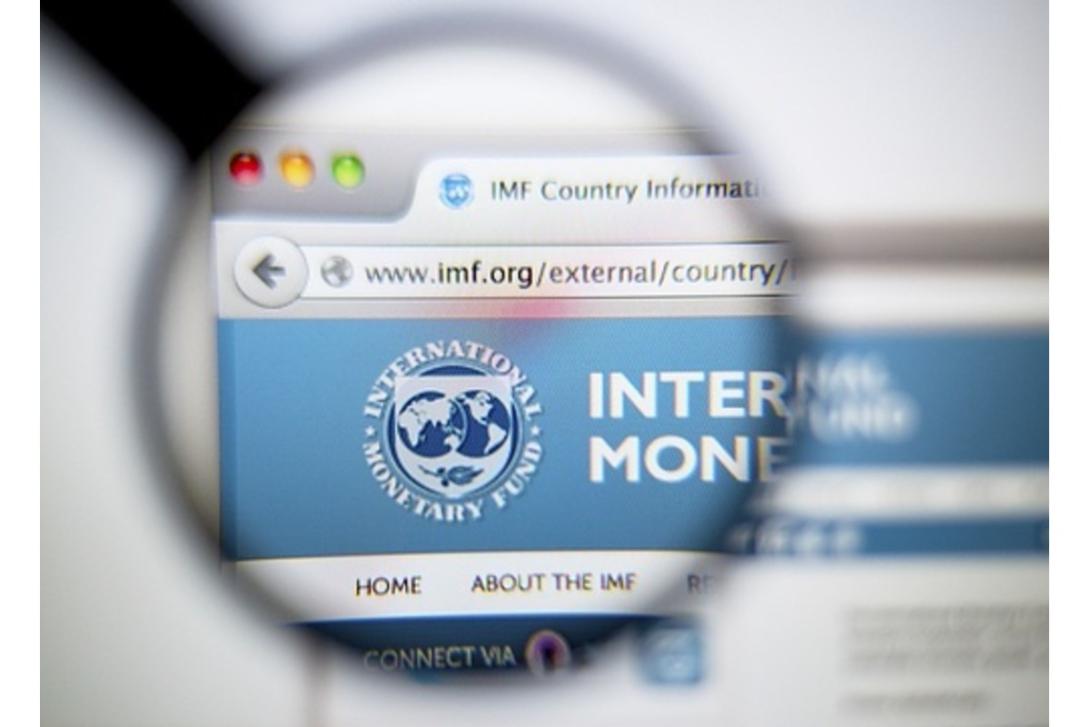
On 1st July 2024, Pakistan secured a new 37-month, $7 billion loan deal with the International Monetary Fund. This Pakistan’s 23rd bailout in 75 years. Pakistan ranks fifth in outstanding debt with the IMF, standing at $7.4 billion, following Argentina, Egypt, Ukraine, and Ecuador. Pakistan has been one of the nine prolonged users of the IMF resources. The country sought IMF assistance for the first time in 1958 under the Ayub regime. Barring for a brief period of 2004-2008, Pakistan continued to remain under the IMF Program till today.
Origins of the neoliberal order:
The International Monetary Fund (IMF) is part of the Bretton Woods system established after World War 2. It was established during the Bretton Woods Conference, held in New Hampshire, USA in 1944. The conference was attended by representatives from 44 countries and aimed to design a framework for economic cooperation that would prevent the economic turmoil that led to World War II. Under the Bretton Woods system, countries agreed to peg their currencies to the U.S. dollar, which was convertible to gold at a fixed rate of $35 per ounce. This established the U.S. dollar as the world's primary reserve currency.
IMF’s policies are based on intellectual foundations of neoliberal economic thought of the famous American economist Milton Friedman, also known as monetarist school of economics. The other prominent neoliberal school is the Austrian school, founded by Carl Menger.
Milton Friedman: The Economist Who Shaped Neoliberalism
Neoliberalism rose to prominence in policy making in the Western World in the 1980s, both in politics and in economics.
Key Features of Neoliberal Economic Policies:
Neoliberalism’s emphasizes the importance of free markets, individual liberty, and limited government intervention in the economy. It advocates for the removal or reduction of government regulations that are seen as barriers to the free operation of markets. This includes reducing barriers to entry for businesses, simplifying regulations, and eliminating price controls and subsidies.
The belief is that deregulated markets will lead to more competition, innovation, and efficiency, benefiting consumers through lower prices and better products.
Policies of IMF:
Countries like Pakistan often turn to the International Monetary Fund (IMF) for financial assistance during times of economic crisis or when they face significant balance of payments problems. This happens when they don’t have enough foreign currency to pay for their import bill or existing external debt.
- Austerity policy:
Austerity involves reducing government deficits through spending cuts, tax increases, and other fiscal consolidation measures. This policy aims to restore fiscal balance and reduce public debt. Austerity leads to reduced public spending on health, education, and social services, potentially causing economic contraction and social hardship. It can also lead to decreased economic growth and increased unemployment as seen after the latest IMF program.
- Tight Monetary policy:
The IMF obliges tight monetary policies to control inflation. This typically involves raising interest rates and tightening the money supply. Higher interest rates have made borrowing more expensive for businesses and consumers, which has slowed economic growth and led to higher unemployment. Small and medium-sized enterprises (SMEs), in particular, have struggled with reduced access to affordable credit.
- Flexible Exchange Rate:
The IMF has compeled Pakistan to adopt a more flexible exchange rate regime, resulting in the devaluation of the Pakistani rupee. The devaluation of the rupee has led to higher import costs, particularly for essential goods like fuel, food, and raw materials. This has contributed to higher inflation and increased the cost of living for the average Pakistani.
References
- Stiglitz, J. E. (2002). Globalization and its discontents. W.W. Norton & Company.
- Klein, N. (2007). The shock doctrine: The rise of disaster capitalism. Metropolitan Books.
- Harvey, D. (2005). A brief history of neoliberalism. Oxford University Press.
- Khan, M. S. (2013). The IMF and Pakistan: A historical perspective. Pakistan Journal of Social Sciences, 33(1), 1-15.
- Malik, A. (2019). The impact of IMF programs on economic growth in Pakistan. The Lahore Journal of Economics, 24(1), 1-20.
- Qureshi, M. A., & Khan, A. (2020). Neoliberalism and its impact on Pakistan's economy. Journal of Economic Perspectives, 34(2), 45-68.


